
Almost 40 per cent of families stressed by rising education costs, says Good360 Australia
Posted on 11 Feb 2026
The ballooning cost-of-living crisis is affecting Australian families to the extent that many…
Posted on 01 Jul 2025
By Matthew Schulz, journalist, Institute of Community Directors Australia
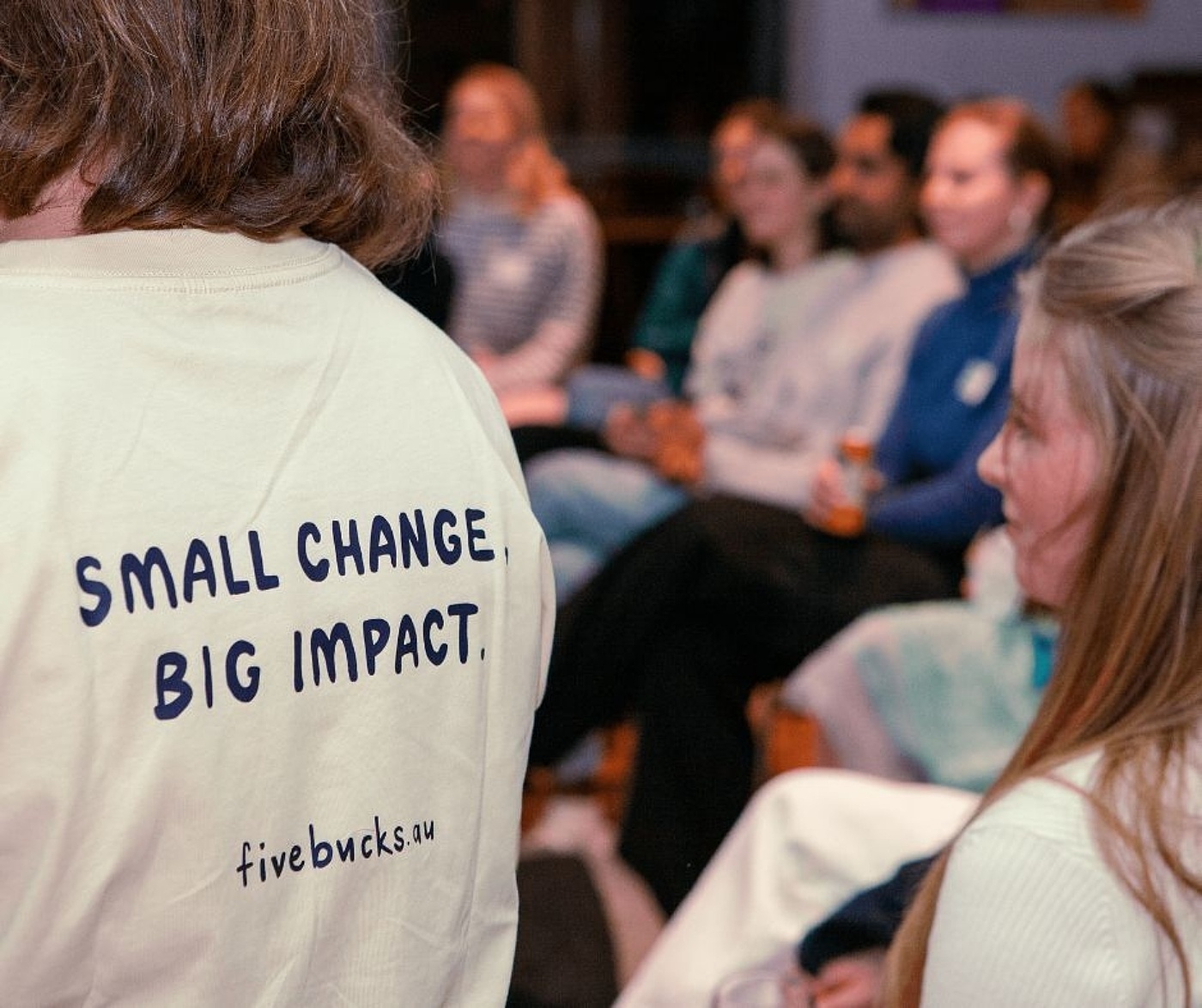
A new group of young philanthropists has awarded its first grants after pooling donations of just $5 a week from supporters.
Days after reaching its 500-member milestone during the annual EOFY donations blitz, the Five Bucks collective giving group – formed this time last year by Brianna Kerr – announced its first grants worth $60,000 in total, to be shared by four charities.
In line with the organisation’s focus on climate, living standards and education, the $15,000 grant winners – chosen by the group’s members, who are known as “Buckaroos” – are:
Four shortlisted groups were compensated with $500 payments in acknowledgement of the cost of applying for the funding.

“We give less than New Zealand, Canada, the US and the UK. We believe collective giving communities like Five Bucks can help buck that trend.”
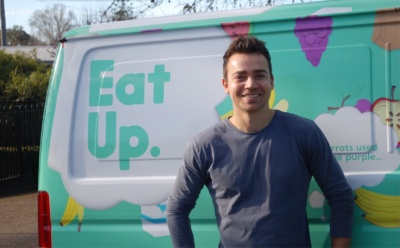
The founder of Eat Up, Lyndon Galea, said the funds would have a much bigger effect than the meals for 600 children.
“Teachers tell us that that when kids are hungry it makes it very difficult for them to concentrate. And when kids can’t concentrate it makes it almost impossible for them to learn. This support allows them to learn, allows them to grow … and ultimately allows them to succeed.”
Environmental Justice Australia’s Ashley Bulgarelli said his organisation would put the funds to good use in climate action.
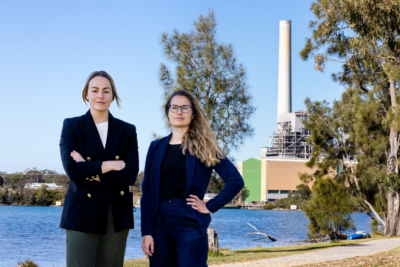
“The law isn’t always fun, the law isn’t always easy to understand, but the law is an incredibly powerful tool to cut through political deadlock, corporate spin and empty promises,” Bulgarelli said.
“Our pro bono legal representation and advocacy is allowing small community groups to punch well above their weight and write a different future for our climate.”
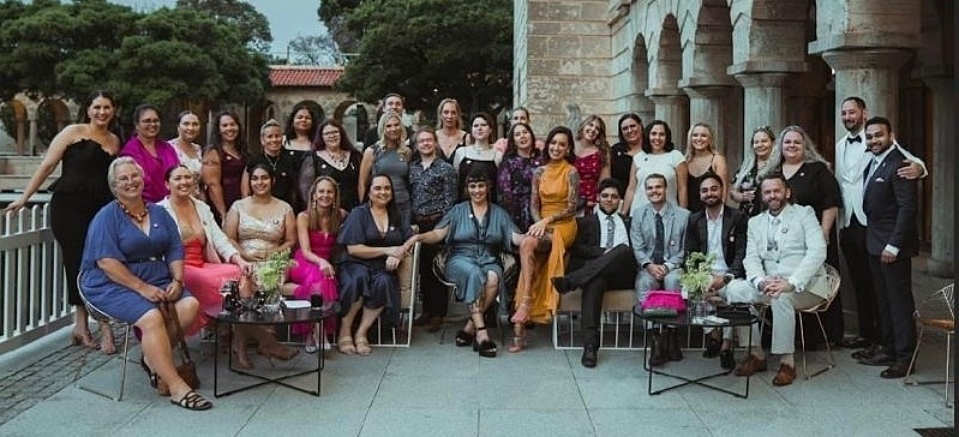
At the Westerman Jilya Institute, operations manager Dr Babu Sajad said the funds would help train the next generation of Aboriginal and Torres Strait Islander psychologists.
Dr Sajad said the Institute supported 64 student psychologists nationally, ran clinics and conducted research. Its clinical services were provided by First Nations psychologists “who truly understand the communities they work with”.
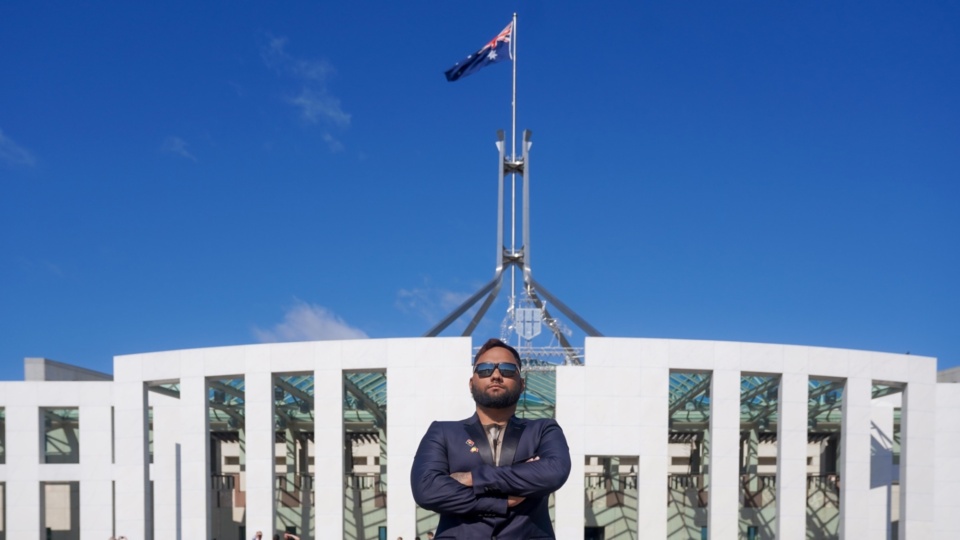
Seed Indigenous Youth Climate Network director Angel Owen said the funds – provided for core funding – would help the organisation realise a new strategy, involving summits for volunteer networks in Western Australia and on the east coast, several in-person training sessions around the country, and a continued campaign against fracking in the Kimberley region.
“This support is essential to ensure we can turn this vision into plans … over the next three years,” Owen said.
Last week, Kerr and her supporters hosted a celebration of the group’s milestones at Our Community House in North Melbourne, where the organisation is based. A similar event was held in Sydney.
“We're proving that when giving feels accessible, transparent and fun, people want to engage,” Kerr said.
Five Bucks is already on track to raise $100,000 in its second year, not accounting for expected member growth, as it continues to attract a new breed of philanthropists drawn by the concept that organised giving is not just for the rich, and that even small amounts can make a big difference.
Five Bucks also functions as a “learning community” that shares resources and knowledge about social impact and philanthropy.
For the organisation’s first round of grants, committees of volunteers researched charities and invited 20 to apply. They kept application forms short, asking applicants to respond to just seven questions in no more than 200 words per question.
Five Bucks also provides members with detailed explanations of the selection and grantmaking process at regular gatherings.
Kerr said that if a million Australians gave just $5 a week each the grants pool would reach $260 million in a year.
“Small change, when pooled, can have a big impact.”
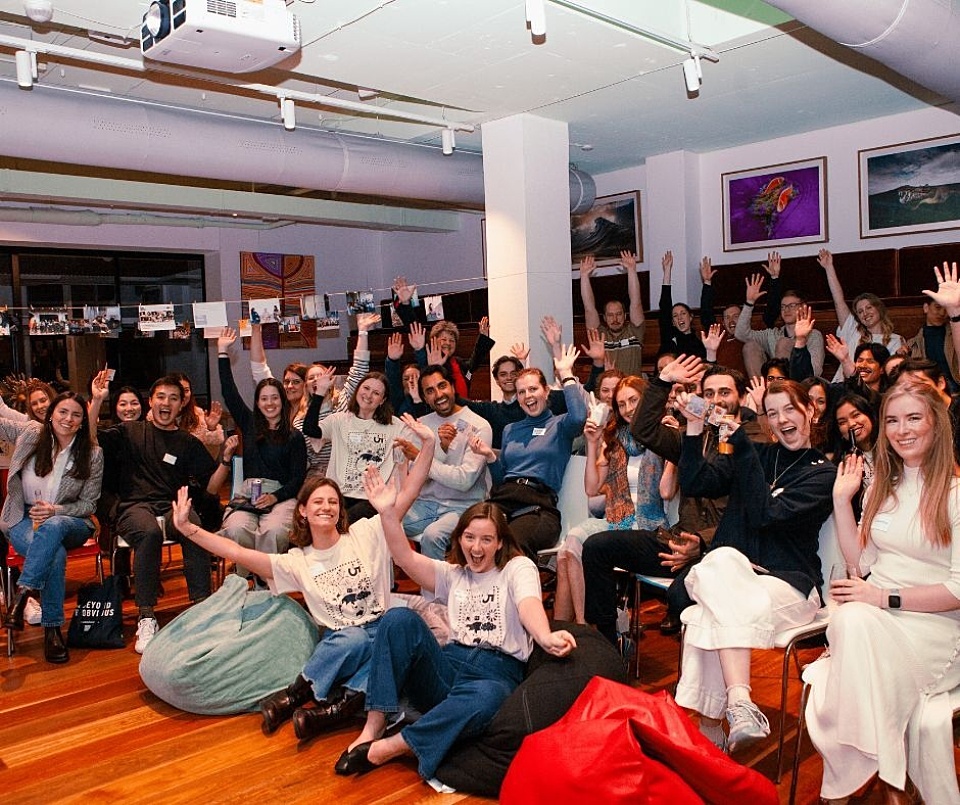
Kerr has been recognised by Charities Minister Andrew Leigh, who praised her efforts at the Philanthropy Australia conference last year, and met with her recently to discuss how her organisation could help the government realise its goal of doubling philanthropy by 2030.
Kerr agreed with the minister that Australians must step up their giving, and hopes that one day Five Bucks will be one of the biggest giving communities in the country.
“Charitable giving has been declining in Australia for 15 years,” she said.
“We give less than New Zealand, Canada, the US and the UK. We believe collective giving communities like Five Bucks can help buck that trend.”
Five Bucks operates as a sub-fund of the Australian Communities Foundation, which enables the group to securely distribute the funds to target areas and enables donors to claim tax deductions under deductible gift recipient (DGR) rules.

Posted on 11 Feb 2026
The ballooning cost-of-living crisis is affecting Australian families to the extent that many…

Posted on 11 Feb 2026
Service providers have expressed cautious support for the federal government’s Thriving Kids…

Posted on 11 Feb 2026
Australia’s not-for-profits need strategic investment by the federal government to support the…

Posted on 11 Feb 2026
For the first time, charities commissioner Sue Woodward has confirmed the Australian Charities and…

Posted on 04 Feb 2026
Last week’s announcement that women made up only one-third of recipients in the Australia Day…

Posted on 04 Feb 2026
An academic studying the phenomenon of “headline fatigue” – where news consumers tune out of…

Posted on 04 Feb 2026
In this time of escalating climate impact, the head of Australian Ethical Foundation, Kate…
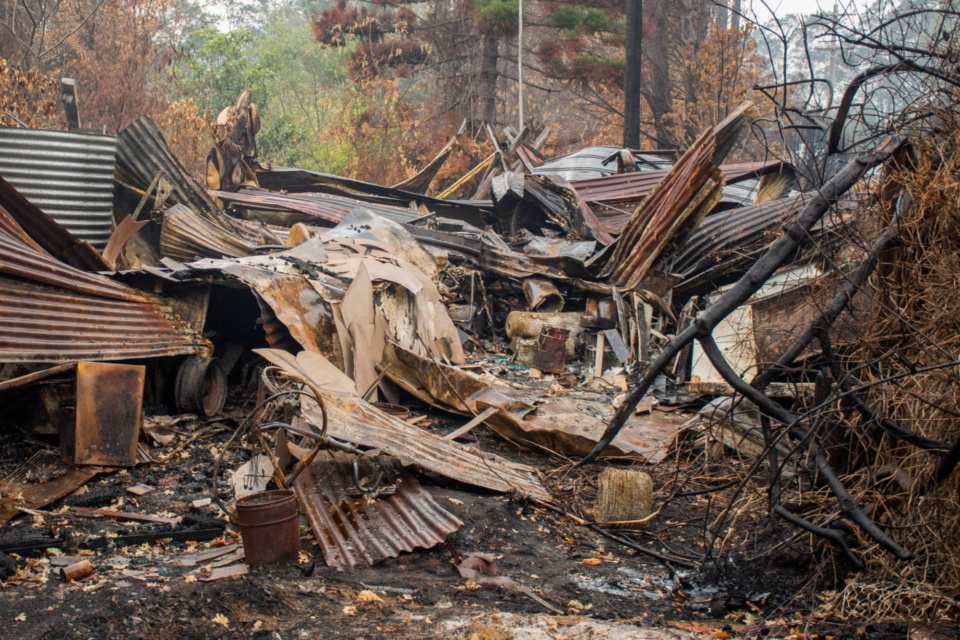
Posted on 28 Jan 2026
The scope and breadth of natural disasters facing Australia right now can feel overwhelming.
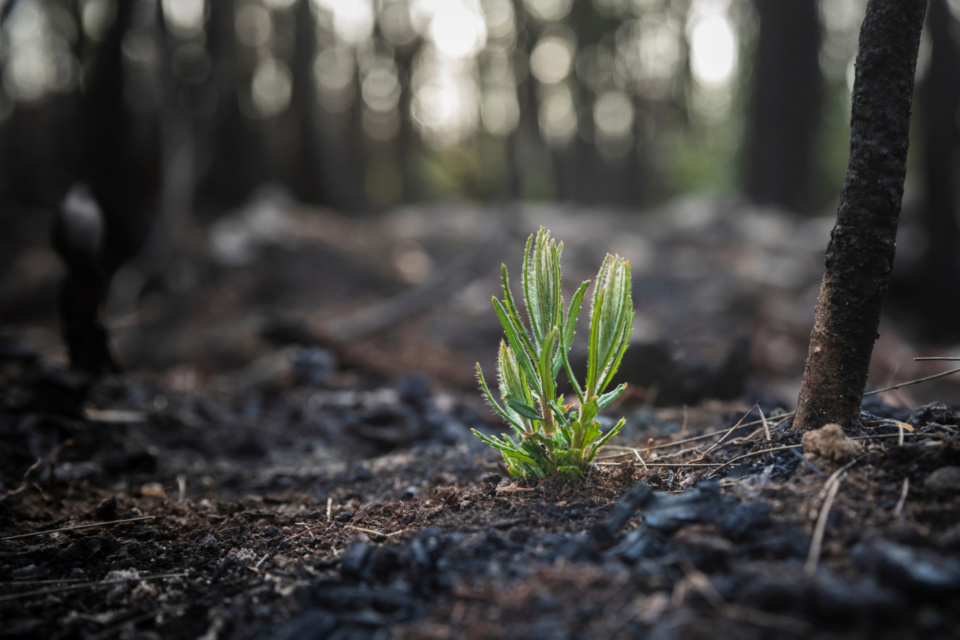
Posted on 28 Jan 2026
The headlines don’t last long. The fire roars, the news is dominated by images of smouldering car…

Posted on 28 Jan 2026
Charities Minister Andrew Leigh says he expects to see more demand than ever for the work of…
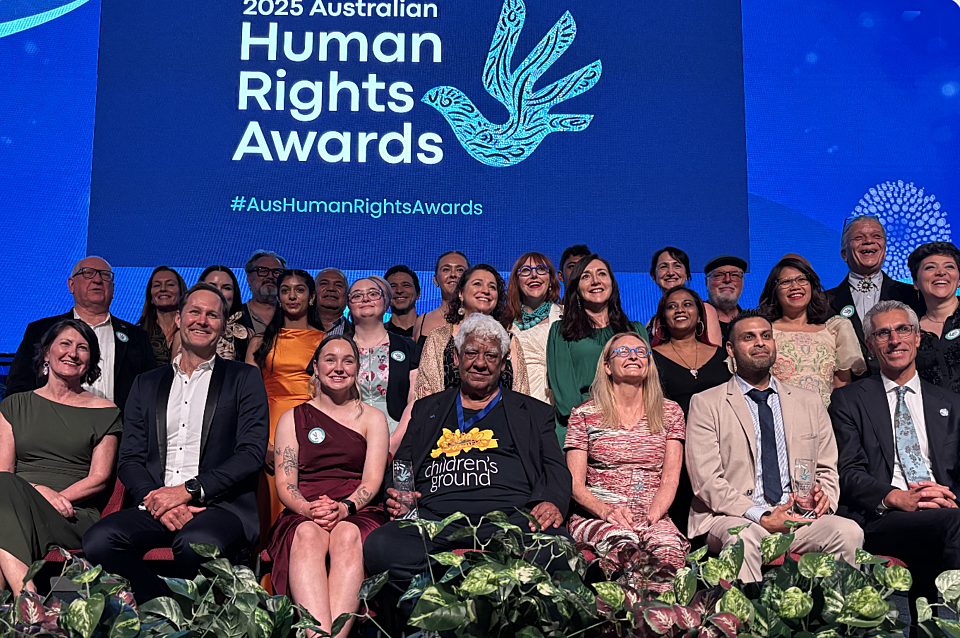
Posted on 17 Dec 2025
The founding chair of the ambitious systems-change not-for-profit organisation Children’s Ground,…

Posted on 17 Dec 2025
As we head into the holiday period, the number of Australians battling homelessness has hit crisis…